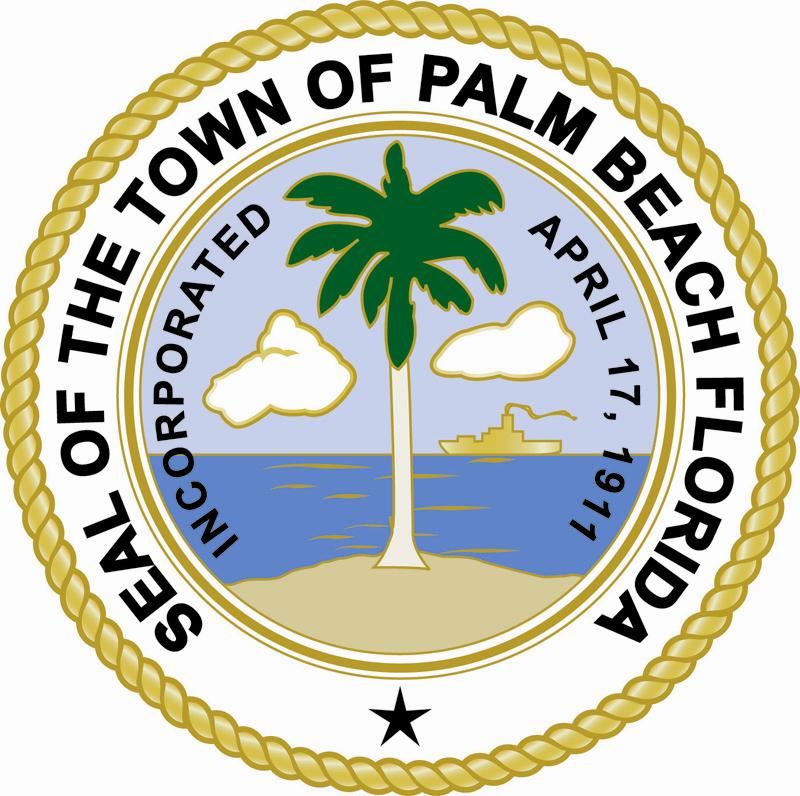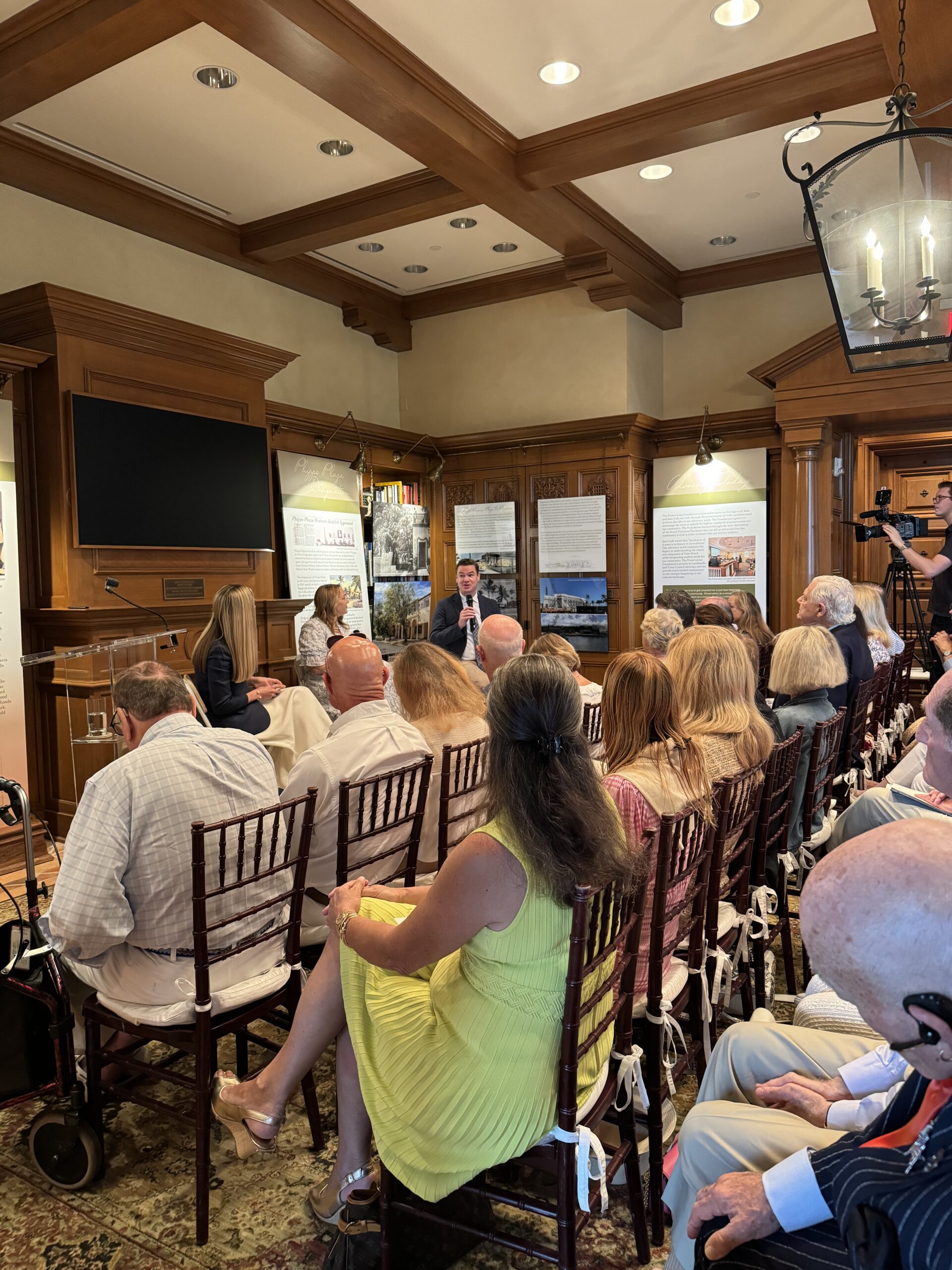We support property owners and their architects through free access to our archives and professional advice that promotes positive preservation outcomes for each project.
If you would like to speak with a staff member about an upcoming project please get in touch with the Director of Preservation & Planning, Aimee Sunny asunny@palmbeachpreservation.org
House Bill 423
At the September 14, 2022, Town Council meeting, the Council discussed House Bill 423 and two documents that the Foundation provided. The first was a draft resolution prepared by Town staff, based on a similar resolution adopted by the City of Coral Gables, which the Foundation received and shared with Town staff. The second was a draft letter, prepared by the Foundation, that the Council encouraged residents to send to our Representatives to express their dissatisfaction with the regulations imposed by House Bill 423. The Town Council also discussed additional lobbying efforts, including bringing the resolution to the League of Cities, to hopefully effectuate a rescission of the portion of House Bill 423 that restricts historic preservation efforts in the Town. As we have always done, the Foundation will continue to support preservation efforts within the Town, and we hope that this Bill will be rescinded in order to allow the Town the greatest ability to preserve its important history.
Preservation Foundation staff learned of House Bill 423, which became law on July 1, 2022, after the Bill had already passed the House and Senate. Unfortunately, we learned of this Bill too late to have any impact on its language or to prevent its passage. This new law threatens many potential historic resources throughout the State, including within the Town of Palm Beach, by restricting municipalities’ abilities to prevent demolition of single-family residential structures under certain circumstances. The Town’s latest historic property survey, completed in December 2020, listed almost 1000 structures that are not currently designated but that may be eligible to become Landmarks. In light of the intricacies of this Bill, we would like to offer some information regarding its effects:
First
This legislation does not apply to those properties landmarked before 2022 or landmarked after January 1, 2022, with owner consent – those properties will continue to go through the Landmarks Preservation Commission (LPC) process, just as they always have.
Second
This legislation does not apply to commercial properties – only to single-family residential structures
Third
This legislation does not prohibit the LPC from landmarking properties and this legislation does not require owner consent to landmark a property. Properties can still be landmarked
Fourth
With regards to new properties that have been or may be designated after January 1, 2022, without owner consent there is a 3-part test as to whether or not this law applies. All 3 parts must be met:
- Such structure Is located in a coastal high-hazard area, moderate flood zone, or special flood hazard area according to a Flood Insurance Rate Map issued by the Federal Emergency Management Agency for the purpose of participating in the National Flood Insurance Program.
- The lowest finished floor elevation of such structure is at or below the required base flood elevation as established by the Building Code or a higher base flood elevation as may be required by local ordinance, whichever is higher; AND
- Such permit complies with all applicable Building Code, Fire Prevention Code, and local amendments to such codes.
Although it is likely that all properties within the Town meet criteria #1 and do fall within one of the listed zones, it is also likely that there are many properties that do meet the base flood elevation, and this law will not apply to those structures.



